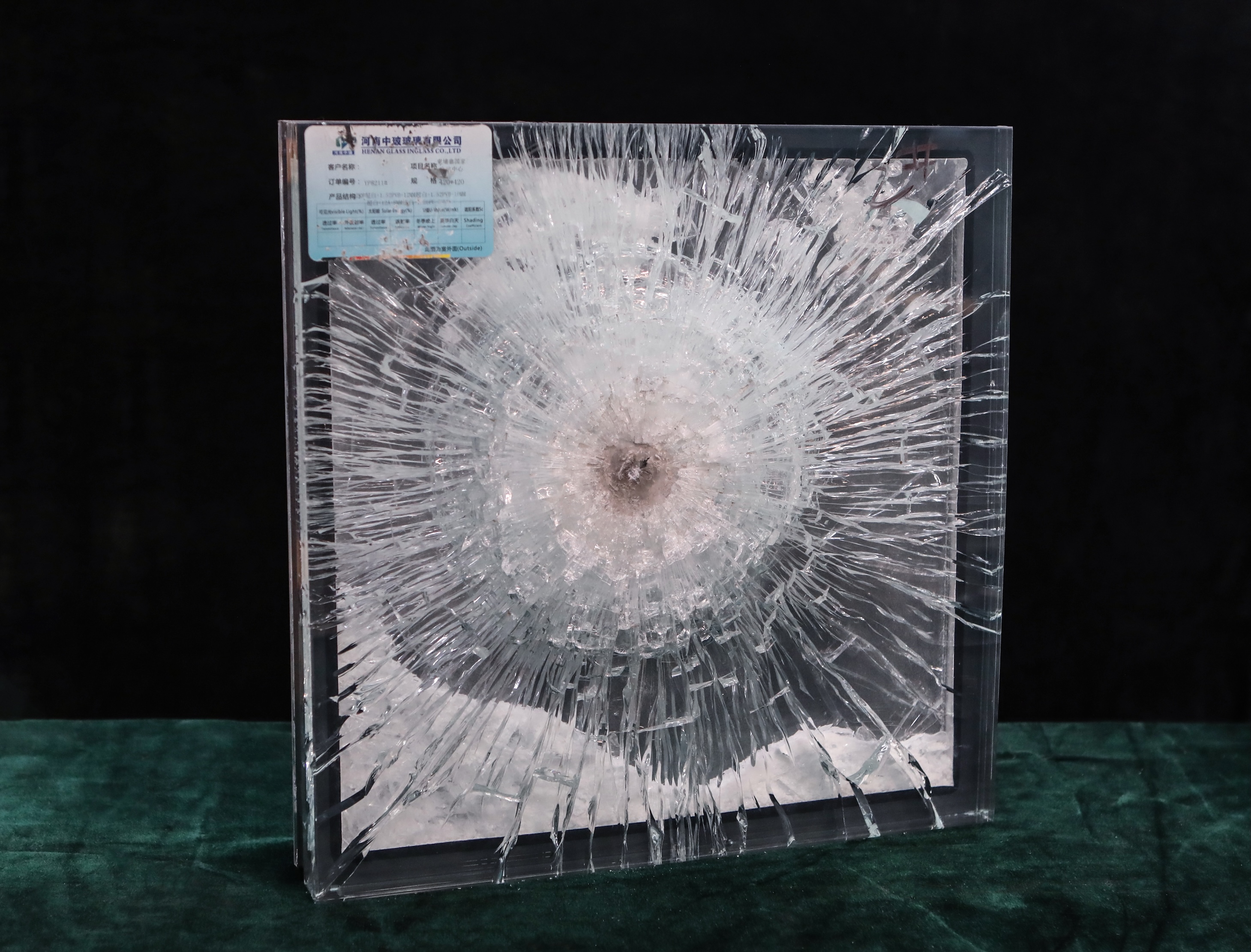The Unyielding Strength of Mortar: Does it Truly Get Stronger with Age?
Mortar, a mixture of cement, sand, and water, has been a fundamental building material for centuries. Its ability to bind bricks or stones together has made it a cornerstone of construction. However, a question often arises: does mortar truly get stronger with age? In this article, we will delve into the science behind mortar's strength development, exploring the factors that contribute to its durability and debunking common misconceptions.
- The Chemical Reaction:
Mortar's strength primarily stems from the chemical reaction between cement and water, known as hydration. During hydration, the cement particles react with water molecules, forming calcium silicate hydrate (C-S-H) gel. This gel acts as a binder, holding the sand particles together and providing strength to the mortar. As time progresses, the hydration process continues, leading to further development of the C-S-H gel and consequently enhancing the mortar's strength. - Curing and Drying:
While the initial chemical reaction is crucial, proper curing and drying are equally important for mortar's strength development. Curing involves maintaining the moisture content within the mortar for an extended period, allowing the hydration process to continue. This process ensures the formation of a dense and well-bonded structure, enhancing the mortar's overall strength. Additionally, adequate drying time is necessary to remove excess moisture, preventing shrinkage and potential cracking. - The Role of Carbonation:
Carbonation, a natural process caused by the absorption of carbon dioxide from the atmosphere, can also contribute to the strength of mortar. When carbon dioxide reacts with the calcium hydroxide present in the mortar, it forms calcium carbonate. This reaction leads to the deposition of additional minerals within the mortar, resulting in increased strength over time. However, it is important to note that carbonation is a slow process and may take years to significantly impact the mortar's strength. - External Factors:
Apart from the inherent chemical processes, external factors can influence the strength development of mortar. Temperature, humidity, and exposure to various elements can all play a role. For instance, higher temperatures can accelerate the hydration process, leading to faster strength gain. On the other hand, extreme weather conditions, such as freeze-thaw cycles, can potentially weaken the mortar if not properly protected.
Conclusion:
In conclusion, mortar does indeed get stronger with age due to the continuous hydration process and the formation of C-S-H gel. Proper curing and drying techniques, along with the natural carbonation process, further contribute to its strength development. Understanding these factors is crucial for ensuring the longevity and durability of mortar in construction projects. By considering external factors and implementing appropriate measures, builders can maximize the strength and integrity of mortar structures, ensuring their longevity for generations to come.



